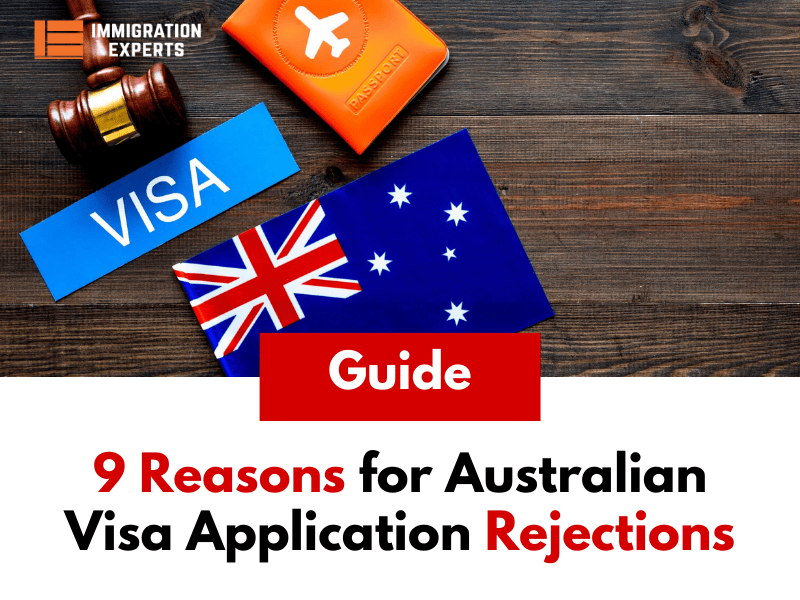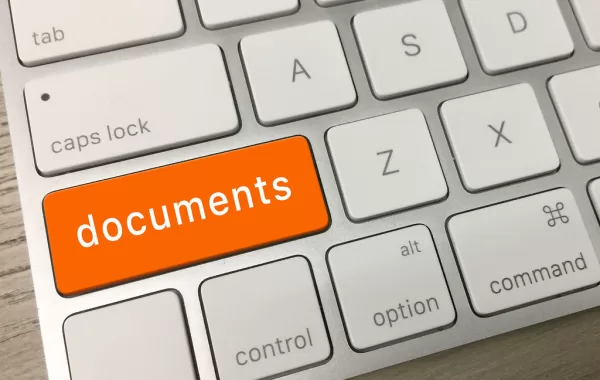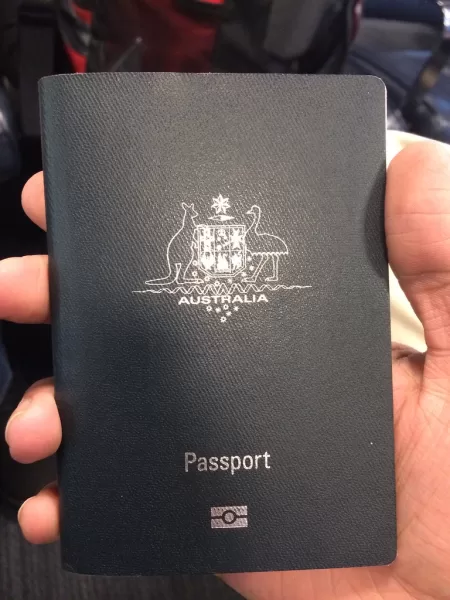051 8439995, 042 35911332

When you’re applying for a visa to Australia, it’s important to understand the rules set by the Australian Government. If you don’t follow these rules, your visa could be rejected by the Department of Home Affairs.
The Australian visa process can be tricky to navigate. To keep things running smoothly, the government has put strict measures in place. One of these measures is called the Public Interest Criterion (PIC) 4020. It’s designed to make sure that the Australian immigration system is fair and honest. The PIC 4020 checks the documents you submit with your visa application to ensure they’re genuine.
If the Department of Home Affairs discovers that you’ve given them fake documents or false information, your visa will be rejected immediately. This can also have consequences for any future visa applications you might make.
To learn more about fake documents and how they can affect your plans to move to Australia, keep reading this blog post. But first, let’s make sure we understand what a fake or fraudulent document is.
Understanding a Fraudulent or Bogus Document?
A fraudulent or bogus document isn’t genuine or has been changed by someone who isn’t authorized to do so, usually through dishonest actions. These documents can include things like IDs, work records, university degrees, or other papers. Immigration officers use advanced technologies to check these documents and make sure the immigration process is fair and accurate.

Here’s a list of some common fraudulent documents that can lead to your visa being refused in Australia:
- Giving false information about your marital status.
- Presenting fake work experience records.
- Filling out employment verification forms incorrectly.
- Providing fake or altered pay slips.
- Using someone else to take an English language test for you.
- Altering your name or passport.
- Submitting fake university degree certificates.
- Changing information on bank statements.
- Providing incorrect information about past marriages or children.
Let’s delve deeper into each issue:
1. Providing Misleading Information About Your Marital Status:
If you’re married but fail to disclose this to the Australian Government to gain an advantage, such as additional points, your visa may be refused. This is a common mistake made by many applicants when completing their visa application forms for Australia. The Department of Home Affairs thoroughly examines applicants’ background information and cross-references it with the details provided on the application form. Therefore, if you provide false information regarding your marital status, your visa application may be rejected or your visa may be rejected. It’s important to be honest and transparent about your marital status to avoid such consequences.
2. Providing Fraudulent Work Experience Certificates:
Submitting fake documents regarding your work experience in the nominated occupation can lead to your visa being rejected by the Australian Government. There are various ways in which this falsification occurs, including:
- Giving incorrect information about the length of your work experience.
- Falsifying details on the form by altering your job title.
- Obtaining experience certificates from unauthorized companies or organizations.

Engaging in any of these activities undermines the integrity of the visa application process and can result in serious consequences. It’s essential to provide truthful and accurate information regarding your work experience to avoid visa cancellation.
3. Incorrect Filling of Employment Verification Form:
The Employment Verification Form (Form 1263) is a crucial document required for applying for a second working holiday visa in Australia. This form is filled out by the applicant’s employer to confirm that the candidate has completed work in a designated regional area for a minimum of three months.
There are several ways in which this form can be falsified, including:
- Having someone other than the actual applicant’s employer fill out the form, is considered fraudulent.
- Unauthorized individuals falsely claimed that the applicant worked under their supervision, leading to the cancellation of the application by the Department of Home Affairs.
- Attaching fraudulent documents such as fake bank statements or pay slips to the employment verification form.
- Providing false or inaccurate information about your stay in the designated area can result in visa cancellation.
Misrepresenting information on the employment verification form undermines the integrity of the visa application process and can have serious consequences. It’s crucial to ensure that the form is filled out accurately and truthfully to avoid any issues with your visa application.
4. Providing Fraudulent Pay Slips:
It’s common for applicants to submit fake documents like bank statements or pay slips with their Australian visa applications. Additionally, intentionally changing your job title or having it changed mistakenly by your employer can result in your visa being refused or cancelled. Rectifying this kind of forgery can be extremely challenging and may lead to severe penalties or consequences.
Submitting any bogus or fraudulent documents in your visa application form or filling it out incorrectly can have serious repercussions. It’s important to provide genuine and accurate information to avoid facing such penalties.
5. Using Proxy for Language Proficiency Test:
A common mistake made by many candidates is not physically appearing for English language exams like IELTS, TOEFL, or PTE themselves. Instead, they rely on others who are proficient in English to take the exam on their behalf. This practice, known as using a proxy, is against the rules and can result in visa cancellation in Australia.

The Australian Government requires applicants to demonstrate their proficiency in English by taking the required language tests themselves. Using a proxy undermines the integrity of the testing process and can lead to serious consequences. Applicants need to take their language proficiency tests honestly and independently to avoid any issues with their visa application.
6. Changing Your Name and Passport:
Certain candidates attempt to deceive the system by applying for a new working holiday visa after changing their name and passport. They do this to make it appear as though they have never previously applied for a working holiday visa. This involves two fraudulent actions:
- Not informing the Department about the name change.
- Falsely claiming that they have never used a Working Holiday visa before.
This deceptive practice undermines the integrity of the visa application process. Failure to inform the Department about a name change and falsely claiming a lack of prior visa use are serious offenses that can lead to significant consequences, including visa cancellation. Applicants need to provide accurate and truthful information throughout the application process to maintain the integrity of the system and avoid potential penalties.
7. Manipulating Bank Statements:
Sometimes, candidates need to provide bank statements to prove their financial stability when applying for specific visas, like business or student visas. One common form of dishonesty in this process involves obtaining a balance statement by temporarily borrowing money from someone else instead of using your funds. This deceptive practice can result in your visa being refused in Australia.
8. Providing Fraudulent Qualifications Certificates:
Submitting fake university degrees or skills certificates to gain extra points in the skilled migration points score calculator is another form of deception. The case officer will verify the authenticity of these documents, and rectifying any discrepancies can be extremely challenging. It’s important to understand that these actions can lead to visa cancellation in Australia.
9. Providing False Information About Previous Marriages and Children:
Many individuals conceal their history of previous marriages and details about their children to avoid or meet the requirements of the balance of family test. In some cases, they may hide a spouse or children who couldn’t pass the medical examination required for Australian visas. Attempting to conceal the truth in this way can result in visa cancellation in Australia. It’s crucial to be honest and transparent about your family history when applying for a visa to avoid facing consequences later on.
